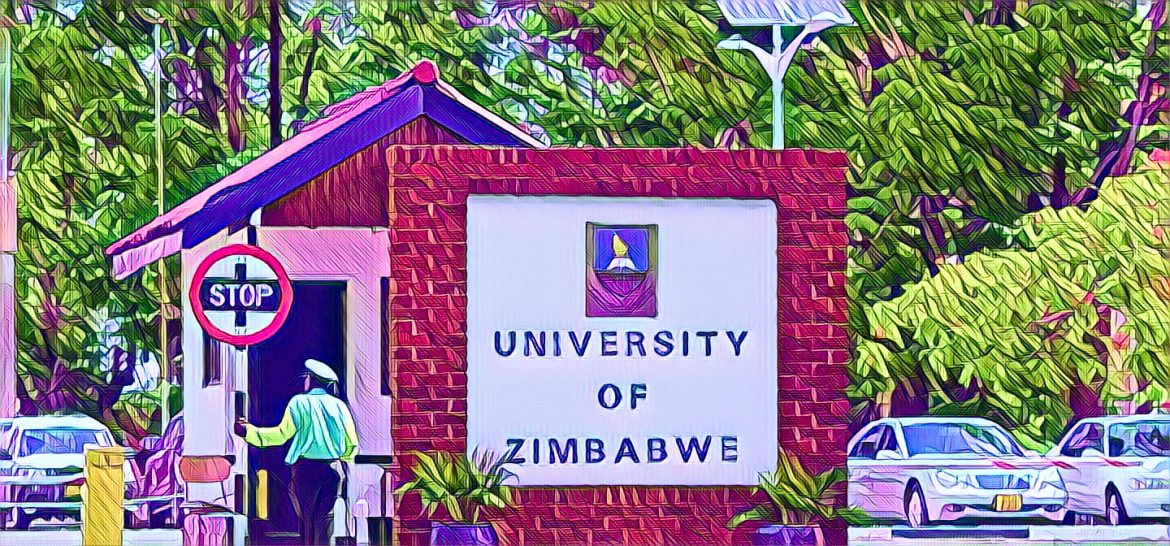KEY POINTS
- University of Zimbabwe lecturers strike enters fifth week with no end in sight.
- Students support the University of Zimbabwe lecturers strike with protests.
- Lecturers demand fair pay to end the University of Zimbabwe lecturers strike.
In support of a five-week pay strike, around 100 instructors and teaching staff members picketed at Zimbabwe’s flagship university on Tuesday.
Lecturers down tools in long University of Zimbabwe lecturers strike
On April 16, lecturers at the University of Zimbabwe went on strike in protest, demanding a raise in pay from ~$230 to \$2,500 per month.
That sum represents their 2018 revenue prior to the nation’s drastic currency devaluation and widespread currency conversion.
For the third picket since the strike started, university employees and members of the Zimbabwe National Students Union gathered outside the school in central Harare.
Students missed exams that were due two weeks ago, and since the strike began, no lessons have been held, according to Obvious Vengeyi of AUT.
Vengeyi told AFP, “The administration suspended five AUT leaders in the hopes that the strike would end, but that decision only made things worse.”
“The university may close its doors for the first time since its founding in 1952 if officials disregard our demands,” he stated.
No solution yet as the University of Zimbabwe lecturers strike deepens
According to the Association of University Teachers, only 17 of the university’s 1,200 employees are now on duty.
Six students were detained by police earlier this month on suspicion of demonstrating in favor of the university’s striking faculty members.
According to India times, activist Darlington Chingwena mentioned, “we think lecturers are the foundation of education, so mistreating them means halting academic progress.”
Lecturers demand compensation of about $2,500 a month, claiming that this is comparable to what is paid at other Southern African colleges.
In 2019, Zimbabwe introduced the RTGS, a local quasi-currency that drastically depreciated salaries, replacing the U.S. dollar.
In an effort to combat unchecked inflation and stabilize the faltering national economy, authorities introduced a new currency backed by gold in April 2024.
According to a document obtained by AFP, the university intends to continue academic operations by hiring temporary workers to replace striking employees.


